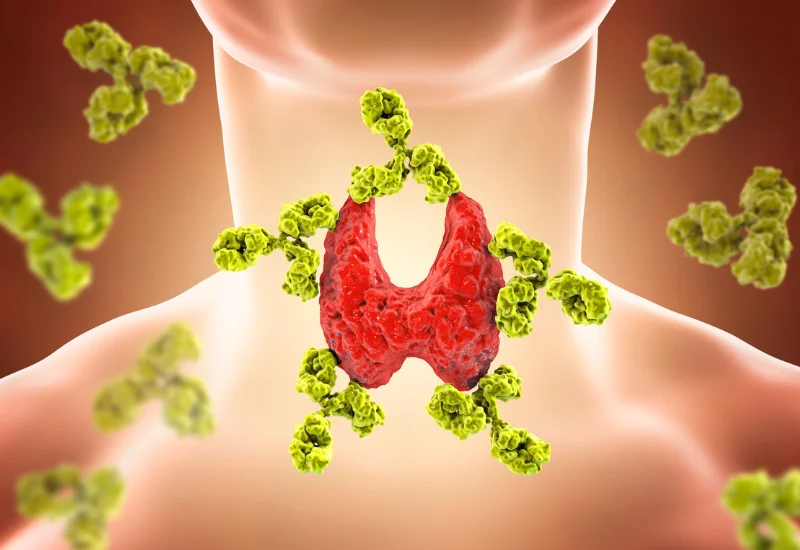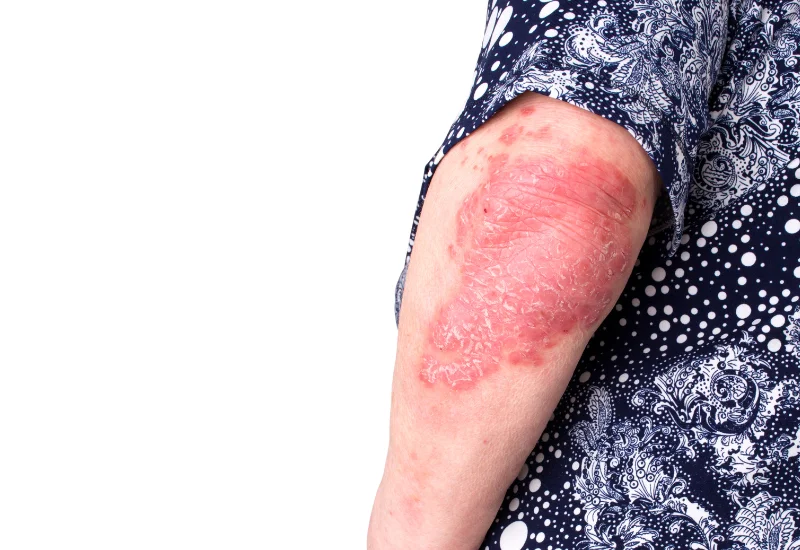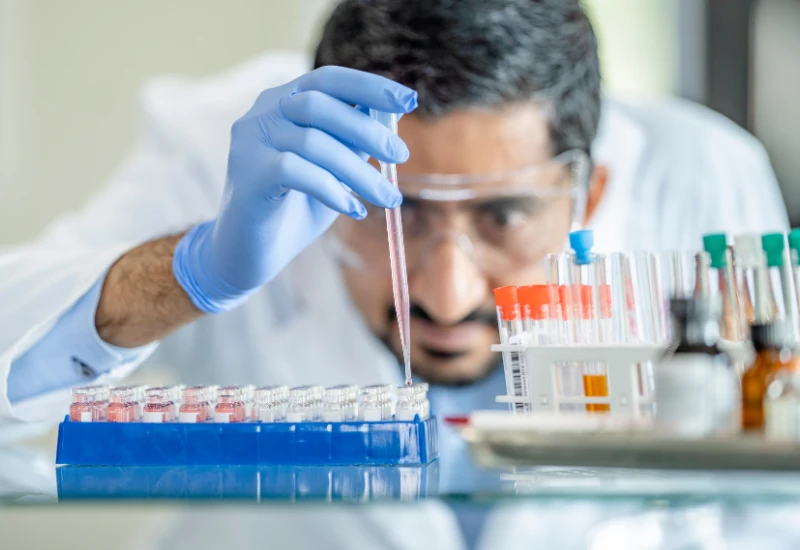Autoimmune Disease Treatment by Stem Cells at IRM Hospital
An autoimmune disease is a condition in which your immune system mistakenly attacks your body.The immune system normally guards against germs like bacteria and viruses. When it senses these foreign invaders, it sends out an army of fighter cells to attack them. Normally, the immune system can tell the difference between foreign cells and your own cells.
In an autoimmune disease, the immune system mistakes part of your body, like your joints or skin, as foreign. It releases proteins called autoantibodies that attack healthy cells. Some autoimmune diseases target only one organ. Type 1 diabetes damages the pancreas. Other diseases, like systemic lupus erythematosus (SLE), affect the whole body.


IRM Hospital’s Pioneering Role in Stem Cell Treatment
IRM Hospital in Islamabad is at the forefront of applying stem cell therapy to treat autoimmune diseases. The hospital’s dedicated team of specialists harnesses the power of autologous and allogeneic stem cell transplantation, employing mesenchymal stem cells known for their anti-inflammatory and immunomodulatory properties. These treatments are designed to target the root causes of autoimmune diseases, offering patients a chance at a healthier, more vibrant life.

Patient Outcomes and Success Stories
The success stories emerging from IRM Hospital are a testament to the efficacy of stem cell therapy in autoimmune disease treatment. Patients who have undergone this therapy report significant improvements in their symptoms, with many experiencing a reduction in pain, enhanced mobility, and a marked decrease in the frequency of disease flare-ups. These outcomes not only signify a leap forward in autoimmune disease management but also highlight the potential of stem cells to fundamentally alter the treatment landscape.

The Journey Towards Healing: What Patients Can Expect
For those considering stem cell therapy at IRM Hospital, the journey begins with a comprehensive evaluation to determine the most appropriate treatment plan. This personalized approach ensures that each patient receives targeted therapy tailored to their specific condition and needs. The process of stem cell therapy involves the extraction, preparation, and infusion of stem cells, a procedure conducted with the highest standards of care and precision.
The Science
Behind Stem Cell Therapy
Autoimmune diseases occur when the body's immune system mistakenly attacks its own tissues, leading to inflammation, pain, and a wide range of debilitating symptoms. The traditional management of these diseases has relied on medications that suppress the immune system, but such treatments often come with significant side effects and do not address the underlying cause of the disease.Enter stem cell therapy, a revolutionary approach that utilizes the body's own healing mechanisms to repair damaged tissues and modulate the immune system. Stem cells, with their unique ability to develop into various types of cells, offer a promising solution to restore immune balance and promote tissue regeneration.
Precision & Advancement in Modern Treatments
Stem Cells have the capacity
to reduce inflammation, which can be advantageous for diseases where too much inflammation is a cause of symptoms.
The most common autoimmune diseases with symptoms are:
● Rheumatoid arthritis, a form of arthritis that attacks the joints
● Psoriasis, a condition marked by thick, scaly patches of skin
● Psoriatic arthritis, a type of arthritis affecting some people with psoriasis
● Lupus, a disease that damages areas of the body that include joints, skin and organs
● Thyroid diseases, including Graves’ disease, where the body makes too much thyroid hormone (hyperthyroidism), and Hashimoto’s thyroiditis, where it doesn’t make enough (hypothyroidism) of the hormone
How autoimmune diseases are treated traditionally
● anti-inflammatory drugs – to reduce inflammation and pain.
● corticosteroids – to reduce inflammation.
● pain-killing medication – such as paracetamol and codeine.
● immunosuppressant drugs – to inhibit the activity of the immune system.
● physical therapy – to encourage mobility.
Autoimmune diseases treatment with stem cells
While stem cells may not be the cure for autoimmunity, their properties hold promising potential to reduce symptom flare-ups and slow or control the progression of different diseases. In particular, Mesenchymal stem cells have been shown in studies to contain immunomodulatory effects and it is believed that systemic administration of these cells may alleviate some symptoms experienced by those who suffer from autoimmune diseases.
The most common autoimmune diseases with symptoms are:
- Rheumatoid arthritis, a form of arthritis that attacks the joints
- Psoriasis, a condition marked by thick, scaly patches of skin
- Psoriatic arthritis, a type of arthritis affecting some people with psoriasis
- Lupus, a disease that damages areas of the body that include joints, skin and organs
- Thyroid diseases, including Graves’ disease, where the body makes too much thyroid hormone (hyperthyroidism), and Hashimoto’s thyroiditis, where it doesn’t make enough (hypothyroidism) of the hormone
How autoimmune diseases are treated traditionally
- anti-inflammatory drugs – to reduce inflammation and pain.
- corticosteroids – to reduce inflammation. …
- pain-killing medication – such as paracetamol and codeine.
- immunosuppressant drugs – to inhibit the activity of the immune system.
- physical therapy – to encourage mobility.
The use of stem cell therapy for autoimmune diseases at IRM Hospital in Islamabad represents a significant advancement in medical science. By harnessing the regenerative capabilities of stem cells, patients now have access to a treatment that offers the potential for lasting relief and a return to normalcy. As we look to the future, the pioneering work of IRM Hospital continues to inspire optimism, promising a new era in the fight against autoimmune diseases.
Autoimmune diseases treatment with stem cells
While stem cells may not be the cure for autoimmunity, their properties hold promising potential to reduce symptom flare-ups and slow or control the progression of different diseases. In particular, Mesenchymal stem cells have been shown in studies to contain immunomodulatory effects and it is believed that systemic administration of these cells may alleviate some symptoms experienced by those who suffer from autoimmune diseases. These stem cells also have the capacity to reduce inflammation, which can be advantageous for diseases where too much inflammation is a cause of symptoms.






